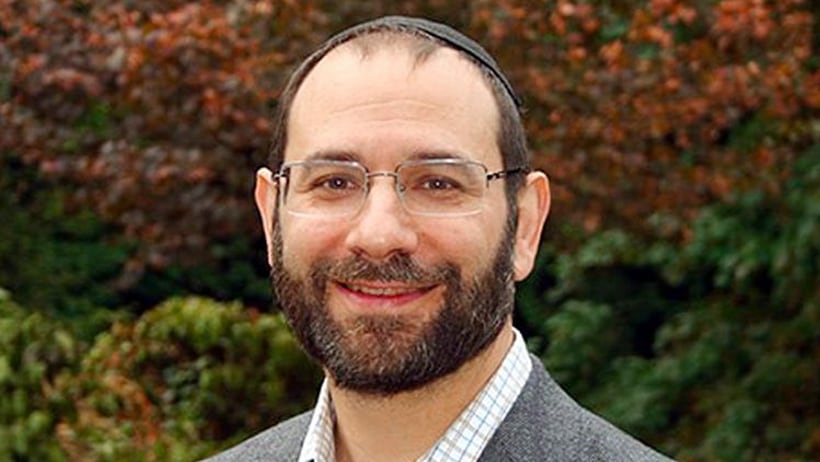Oasis Songs: Musings from Rav D
Friday, August 21, 2020 / 1 Elul 5780
Summary: This week I focus on a line from the weekly parasha that became an important source for Judaism’s very interesting rules about competition. Toward the end, there is also a link if you would literally like to be a part of history.
There’s an interesting commandment in this week’s Torah reading. In Deuteronomy 19:14, we are commanded not to move landmarks.
“You shall not move your countryman’s landmarks, set up by previous generations, in the property that will be allotted to you in the land that the LORD your God is giving you to possess.”

Some of the reasons for this commandment are obvious. Chizkuni, a 14th century French rabbi, states that most bloodshed is caused over land disputes. Ramban views in this prohibition a fundamental issue of equity. Since the land in Israel was originally parceled out in an equal manner so that each tribe (the basic legal unit of ownership in the ancient world) had sufficient resources, moving boundary stones would undermine an elementary social compact.
These understandings of the rule being about economic justice and social order resulted in a logical expansion of the law into matters of unfair economic competition, or hasagat g’vul. There is a very interesting discussion in our halakhic literature about whether someone in a profession could start a business next to someone else. Could a miller, for instance, open up a flour grinding business on the same block as another miller? What about putting my fishing nets in the water next to your nets. These sorts of worries were hardly restricted to Talmudic times. In New York, I often witnessed pan handlers fighting over who had the right to “set up shop” on a given corner. Turf matters.
Rabbeinu Bahya (Spain, 12th-13th centuries), however, went a very different direction with this verse. He sees in this verse a philosophical argument about whether or not God preceded the creation of the world. While this is a very old argument, going back at least to Aristotle, Bahya seems to implicitly believe that God’s right to distribute land stems from preceding its creation.
While we won’t get into Rabbeinu Bahya’s theology here, he opens a door to read this verse in a less literal and more creative manner. In fact, the different commentators on this verse led me to ponder things like historical records, and when and how we preserve those markers. That’s a very contemporary question that our society is struggling with.
But we don’t need to go to our culture wars to find relevance. I’ve been thinking about something closer to home. When Neveh Shalom was celebrating its 150th anniversary, the Oregon Jewish Museum and Center for Holocaust Education (OJMCHE) created an exhibit that documented our kehilla’s history and the positive impact it has made over the generations. That was possible in no small measure because past individuals had the foresight to ensure that primary documents and other records were preserved.
We are living in a period that will undoubtedly hold great interest to future generations. What was it like to live in this period of change and disruption? We are moving though these days a bit blind; we can’t yet say what the outcome of the pandemic will be on our way of life going forward, or whether our season of protests will create permanent change. We can only guess how many of these shifts will become part of the normal fabric of life. We also don’t know what will return.
The historical record, based as it should be on primary documents, establishes boundaries and landmarks for what happened. Given that, and recognizing how important our time will be for future students, the OJMCHE has been selected as one of ten Jewish museums chosen to document life in a time of pandemic and the renewed conversation about race that Black Lives Matter has brought to the forefront.
To help them in this project, the museum intends to interview people of
all ages and backgrounds. If you want to help set up those boundary markers so that future generations can better understand this unique historical moment, please email Alisha Babbstein, ababbstein@ojmche.org.
You might even be doing a mitzvah—the one in Deuteronomy 19:14.
Shabbat shalom,
Rav D
Shabbat Table Talk
- What is your first memory? What does it mean to you that you remember it?
- Have you ever wondered what came before that first memory? Where you interested in the stories your parents told you about times before you became aware of things?
- When have your boundaries been encroached upon? Did you have clear “stones” that others could see, or have you learned how to better “mark” your bounds?
If you’d like to continue this discussion, follow this link to CNS’s Facebook page to share your own perspectives on the topics raised in this week’s Oasis Songs. Comments will be moderated as necessary.



